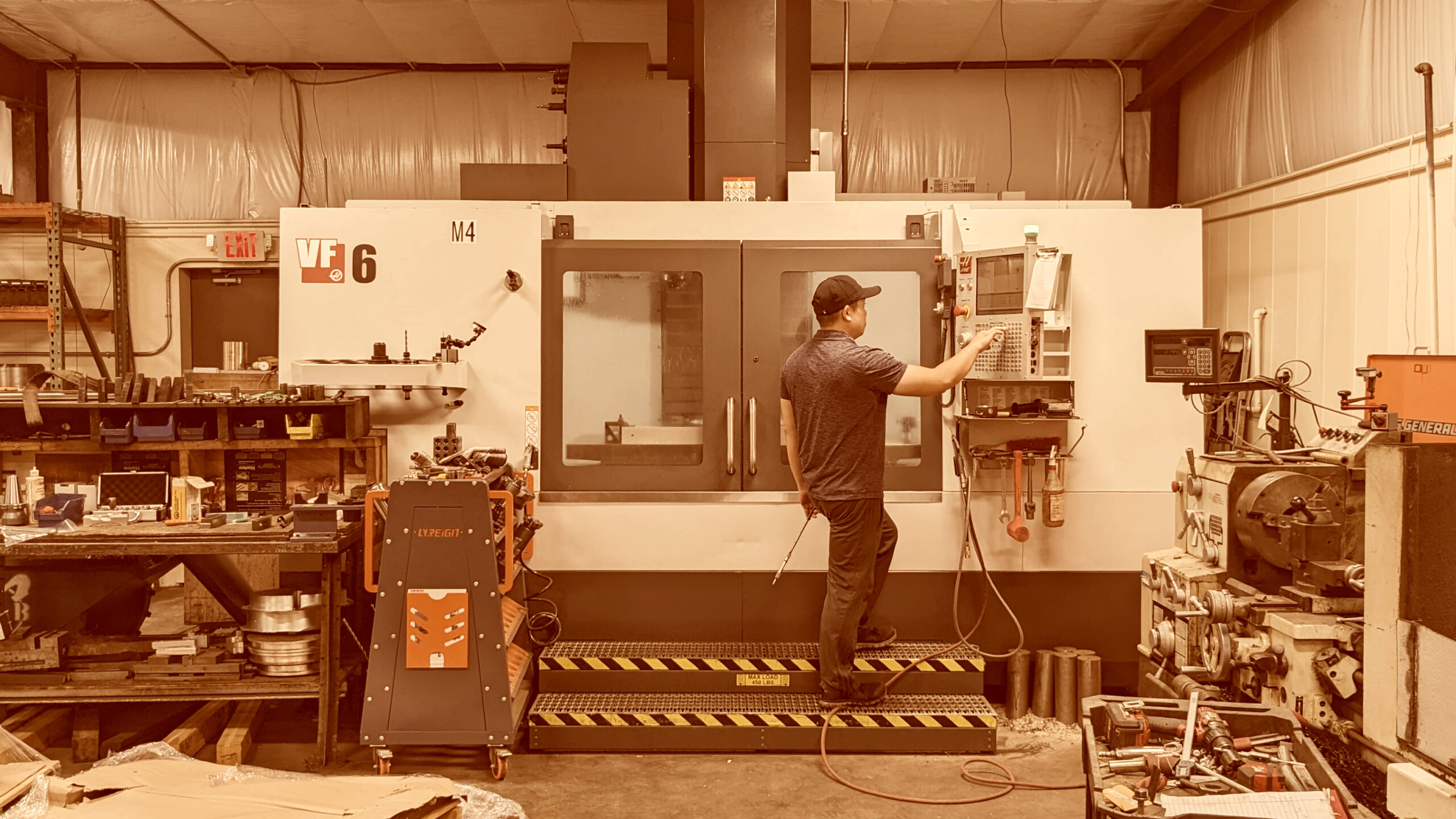Texas is big. If you enjoy time outdoors where there are no roads (I sure do!), you know that there’s the right shoe or boot for the job. Today there are all kinds of shoes and boots for whatever you like to do, and you can find them based on size. These sizes are standardized: you know in advance what’s most likely to fit.
Today, what we take for granted wasn’t always that way. Then an inventor named Thomas Blanchard developed a machine called a copying lathe. This was used in the production of shoes and many other products and parts.
If you’ve ever watched a duplicate key being cut, you understand the basic principle of how this worked. Instead of cutting metal, however, the copying lathe could make a three-dimensional copy of a shoe last -- the wooden form that mimics the shape of a human foot. A shoe could then be hand-made around that shoe last. Same size every time.
Modern Machine Shop
Fast forward to today: The idea of using a model or gauge to manufacture something is at the heart of today’s machine shop. Software allows us to model a finished part virtually before sending instructions to a sophisticated machine that cuts parts from metal, plastic, composites, and other materials.
Although the CNC machine (Computer Numerical Control) has the word computer in it, if you’re making a specialized part, a precisely machined part, there are still people involved. Somebody must analyze the product drawings and program the CNC machine. The material you’re working with must be sourced and installed with the correct setup. There are a good number of individual work steps that need to be done before, during, and after a CNC process.
In some large machine shops, some work steps may be done by different people – specialists in doing exclusively their own step. And that’s fine. We have specialist tasks, too. On the other hand, in some small machine shops, you’ll be asking about depth and breadth of experience. Or available production volume.
The Alart Machine Way
Here at Alart, we’re not too big and we’re not too small. Being just the right size allows us to design a shop environment where our CNC operators are skilled across multiple work steps of a project. A single individual owns most of the actions before, during, and after the process. In this scenario, you’re not handing off from person to person – and therefore you’re less likely to drop the ball.
We try to offer our CNC operators a high degree of process knowledge and job satisfaction. Call it multidisciplinary or what have you. Our way of working allows us to focus on great outcomes. In the modern machine shop, we are tasked with creating certain things in certain ways. This is very rewarding.
Of course, as on any team, there can be hiccups along the way. And having a wide array of operators and technicians on staff helps us to tackle challenges and move forward. This applies to finished parts as well as the tooling and fixtures that we do for other manufacturers.
We’ve been in business for more than 50 years and Houston is our home. Machining has changed a lot and we’ve evolved with the times. One thing that hasn’t changed: We’re still a family owned and operated business. And that means good things for the way we grow employees and engage customers.

